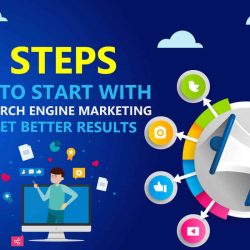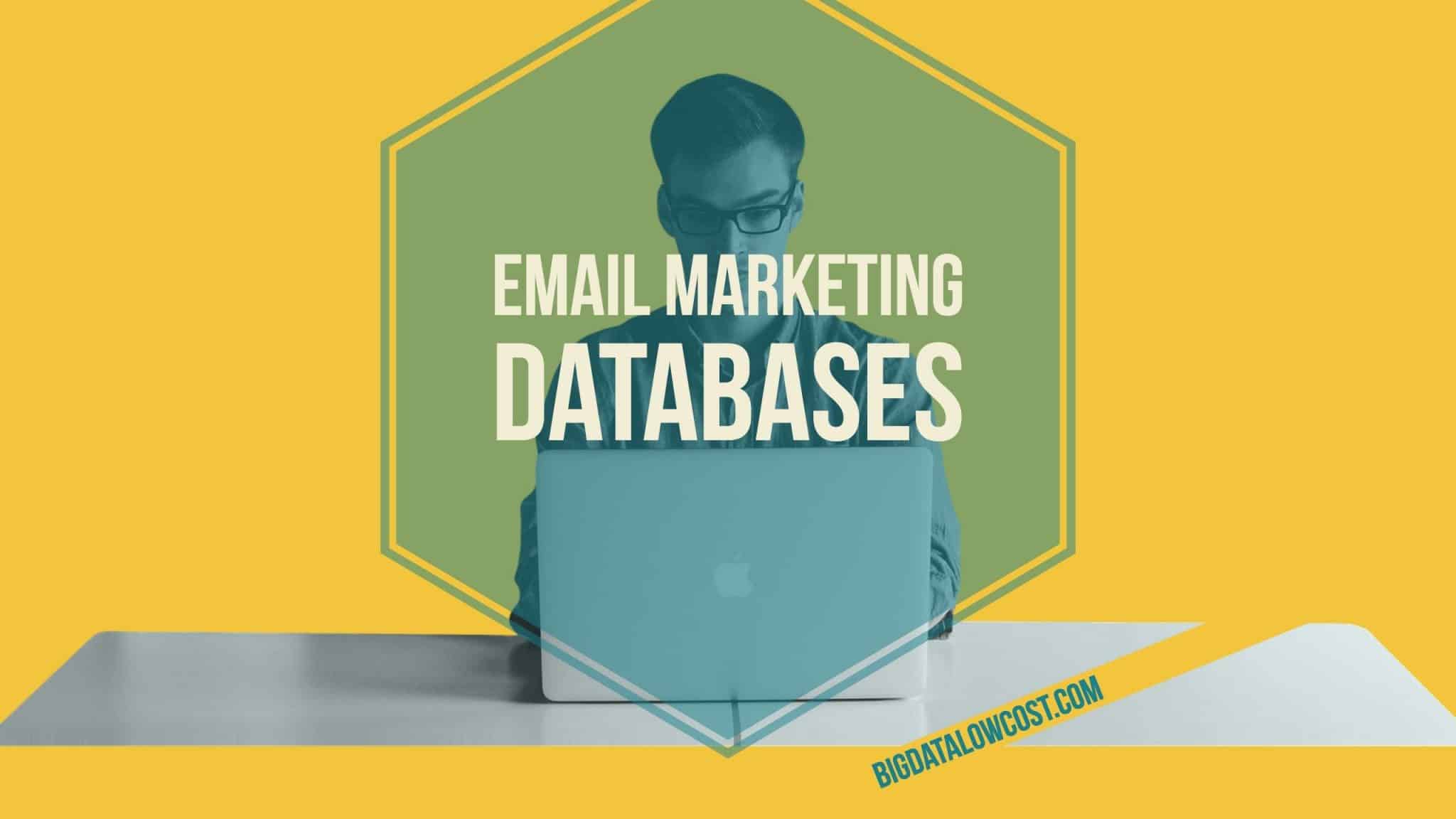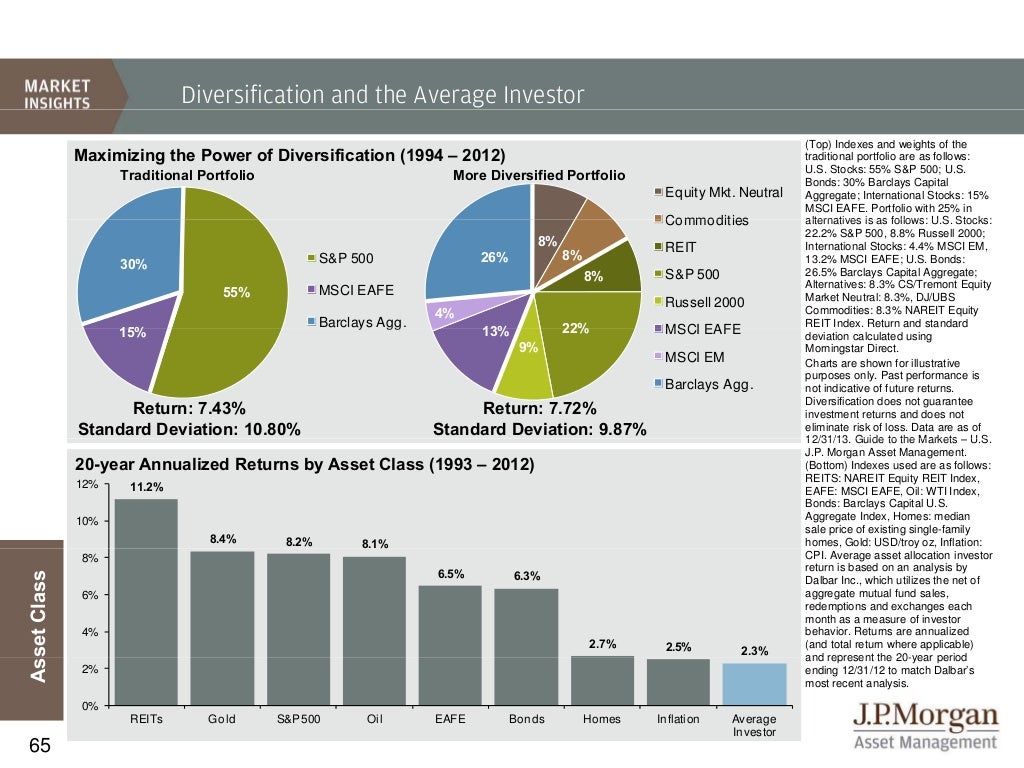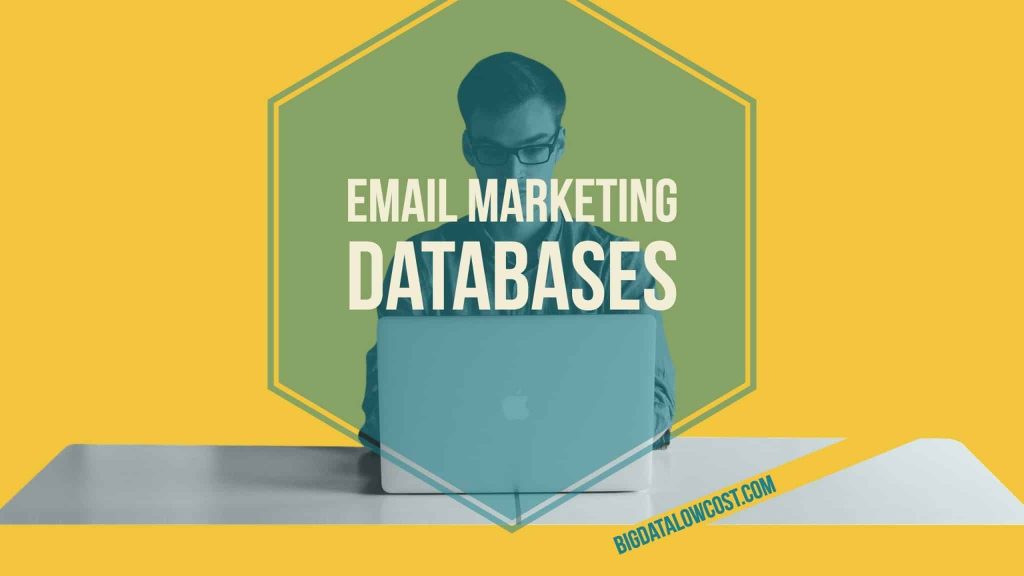
Alright, buckle up buttercup, because we’re diving headfirst into the fascinating world of B2B search engine marketing! Think of it as the ultimate treasure hunt, but instead of buried gold, you’re unearthing high-value clients for your business. It’s not your average ‘click and pray’ kinda deal; it’s a strategic, data-driven expedition that demands planning, precision, & a healthy dose of caffeine.
Now, before you envision yourself staring blankly at spreadsheets for eternity, let me reassure you: B2B SEM isn’t about mindless automation. It’s about understanding your target audience – those sophisticated professionals, the decision-makers, the gatekeepers of your dream clients – and reaching them precisely where they are: searching online. Forget generic blasts; we’re talking laser-focused targeting, using keywords that whisper directly into the ears of your ideal prospects.
We’re talking about optimizing your website , ensuring it’s a compelling landing pad for your prospective clients , a digital showcase of your expertise and capabilities. We’re not just talking pretty pictures here; it’s about providing real value, answering their questions before they’ve even asked them, addressing their pain points with solutions that sing. Think clear, concise language that’s as refreshing as a double espresso after a particularly brutal board meeting.
Imagine this: your potential client is a stressed-out CFO , searching for “cost-effective inventory management software”. You pop up! Not because of luck , but because you’ve masterfully woven relevant keywords into your website’s content , meta descriptions, and landing pages, placing your services right in their line of sight , making you a visible solution. This isn’t luck ; it’s meticulously designed marketing genius , resulting in a significantly improved return on your advertising spend (ROAS), compared to vague social media campaigns, with minimal conversions & lost opportunities.
So what sets B2B SEM apart from B2C? The short answer: everything and nothing. While the underlying principles are the same – optimizing for search, using keywords , building authority, harnessing the power of targeted advertising – the application is dramatically different. B2B audiences are far more discerning, their buying cycles significantly longer and more complex, their needs more specific, & their skepticism higher. Therefore, your messaging needs to be tailored specifically to communicate the tangible benefits and ROI you bring to their business; your strategy needs a longer vision. Forget flashy visuals; prioritize value propositions, detailed case studies, testimonials, and clear explanations.
Related Post : guide to the markets jpm
Essentially , effective B2B SEM necessitates a holistic approach. It requires an in-depth understanding of buyer personas, a rock-solid keyword strategy, compelling content, a brilliantly optimized website, impeccable ad copy, and meticulous tracking & analysis. Sounds like a lot ? It is! But with careful planning, consistent effort, & smart strategy , the rewards can transform your business , driving high-quality leads that lead directly to sales growth & higher profitability. So, are you ready to unearth those high-value clients? Let’s dig in!
B2B Search Engine industrying: A thorough Guide
B2B search engine industrying (SEM) is crucial for businesses looking to reach and engage their target audience online. It’s a powerful tool, but understanding its nuances is key to achievement. This guide offers a thorough overview, helping you navigate the complexities of B2B SEM and unlock its potential.
What is B2B Search Engine industrying (SEM)?
B2B SEM uses paid access-based advertising on search engines like Google to drive traffic to your website. Unlike organic search engine optimization, SEM involves bidding on search terms pertinent to your industry, ensuring your ads appear prominently in search outcomes. It’s a direct, outcomes-oriented approach to industrying, ideal for reaching businesses actively searching for solutions like yours.
Defining B2B SEM and its Differences from B2C SEM
While both B2B and B2C SEM utilize paid access-based search, their approaches differ significantly. B2B industrying typically targets a smaller, more specific audience with longer sales cycles and higher-value transactions. B2C focuses on broader audiences, shorter sales cycles, and often lower-priced products or services. The messaging, targeting, and even the platforms used will reflect these differences.
Key Performance Indicators (KPIs) for B2B SEM
Tracking the right KPIs is essential. In B2B SEM, key metrics include cost per lead (CPL), conversion rate, return on ad spend (ROAS), and website traffic quality. Focusing on these metrics helps you measure campaign efficacy and adjust your strategies accordingly.
B2B SEM vs. B2C SEM: A Detailed Comparison
B2B SEM prioritizes lead generation and nurturing, often employing longer-form text and targeted messaging. B2C SEM, on the other hand, often emphasizes immediate conversions and shorter, more impactful ad copy. The decision-making process also differs significantly, with B2B typically involving multiple stakeholders.
Understanding Your B2B Target Audience
Knowing your ideal customer is paramount. Develop detailed buyer personas, considering their demographics, functions, challenges, and online behavior. This deep understanding allows for highly targeted campaigns.
determineing Your Ideal Customer Profile (ICP)
An ICP goes beyond individual personas. It defines the ideal company you want to work with—their size, industry, location, and technology used. This helps refine your targeting and maximize your SEM budget’s impact.
search term study for B2B industrying: Finding the Right Terms
Effective search term study is vital. determine search terms reflecting your target audience’s search terms—long-tail search terms are particularly effective in B2B, reflecting more specific search intent. Tools like SEMrush and Ahrefs can assist in this process.
Analyzing Competitor Strategies in B2B SEM
Analyzing your competitors’ SEM strategies offers valuable insights. See what search terms they’re targeting, the types of ads they’re running, and their overall approach. This helps determine opportunities and potential areas for improvement in your own campaigns.
Developing a Winning B2B SEM plan
A achievementful B2B SEM plan involves a clear understanding of your objectives, target audience, and budget. It combines strategic search term targeting, compelling ad copy, and rigorous campaign optimization.
Setting Realistic objectives and Expectations for Your B2B SEM Campaign
Define measurable objectives, such as lead generation targets or website traffic boosts. Avoid setting unrealistic expectations; achievement in B2B SEM takes time and consistent optimization.
Choosing the Right B2B SEM Channels (Google Ads, LinkedIn Ads, etc.)
varied platforms cater to varied audiences. Google Ads is essential, but LinkedIn Ads is often crucial for reaching decision-makers within specific companies. Consider other platforms based on your target audience’s online behavior.
Creating Compelling Ad Copy that Resonates with B2B Buyers
Your ad copy needs to be clear, concise, and pertinent to your target audience’s needs and pain points. Highlight the value proposition and benefits of your product or service.
Optimizing Your B2B SEM Campaigns
Continuous optimization is crucial. Regularly analyze your campaign data, adjust bids, refine targeting, and test varied ad variations to improve performance.
A/B Testing Your Ads for Improved Performance
A/B testing allows you to compare varied ad variations to determine which performs optimal. This data-driven approach helps maximize your campaigns for maximum impact.
Tracking and Analyzing Your B2B SEM Data: Google Analytics and Other Tools
Tools like Google Analytics offer valuable insights into campaign performance. Track key metrics to understand what’s working and what needs improvement.
Budget Allocation and Management for Maximum ROI in B2B SEM
Allocate your budget strategically, prioritizing high-performing search terms and channels. Regularly monitor your spending and make adjustments as needed to maximize ROI.
Advanced B2B SEM Techniques
Advanced techniques such as reindustrying, account-based industrying (ABM), and leveraging SEM for text promotion can significantly enhance your outcomes.
Reindustrying Strategies for B2B Lead Generation
Target website visitors who didn’t convert initially with retargeting ads, reminding them of your offerings and encouraging them to revisit your site.
Using Account-Based industrying (ABM) with SEM
Focus your SEM efforts on specific accounts identified as ideal customers, personalizing your messaging and targeting to boost engagement and conversion.
Leveraging SEM for text Promotion in B2B
Promote your valuable text (e.g., white papers, case studies) through SEM to attract qualified leads and establish thought leadership.
Measuring the achievement of Your B2B SEM Efforts
Regularly assess your campaign performance against your pre-defined objectives. Analyze conversion rates, cost per acquisition (CPA), and other key metrics.
Analyzing Conversion Rates and Cost Per Acquisition (CPA)
Monitor conversion rates and CPA to understand the efficiency of your campaigns. Aim to maximize for both high conversion rates and low CPA.
Tracking Key Metrics: Impressions, Click-Through Rates (CTR), and Conversions
Track impressions, CTR, and conversions to measure campaign visibility, engagement, and efficacy.
Reporting and Communicating outcomes to Stakeholders
Regularly report your findings to stakeholders, providing clear and concise data on campaign performance and ROI.
Common Mistakes to Avoid in B2B SEM
Avoid common pitfalls such as ignoring search term study, failing to track data effectively, and underestimating the importance of landing page optimization.
Ignoring search term study and Targeting
Thorough search term study and precise targeting are essential for effective B2B SEM. Neglecting these facets can lead to wasted budget and poor outcomes.
Failing to Track and Analyze Data Effectively
Regular monitoring and examination of campaign data are crucial for making informed decisions and maximizing ROI.
Underestimating the Importance of Landing Page Optimization
A well-maximized landing page is vital for converting leads. A poor landing page will deter visitors, even if your ads are effective.
The Future of B2B SEM
The future of B2B SEM involves embracing emerging technologies and trends, including AI-powered tools and personalized industrying experiences.
Emerging Trends and Technologies in B2B Search industrying
Stay informed about the latest trends and technologies impacting B2B search industrying, such as AI-powered tools for campaign optimization and automation.
The function of Artificial Intelligence (AI) in B2B SEM
AI is rapidly transforming B2B SEM, enabling smarter bidding strategies, automated ad creation, and more personalized targeting.
Staying Ahead of the Curve in the Ever-Evolving World of B2B industrying
Continuous learning and adaptation are key to staying ahead of the curve in the ever-evolving landscape of B2B industrying.
Conclusion: Mastering B2B Search Engine industrying for Business Growth
Mastering B2B SEM requires a strategic approach, consistent optimization, and a deep understanding of your target audience. By following the instructions in this guide, you can unlock the power of B2B SEM and drive significant growth for your business.









